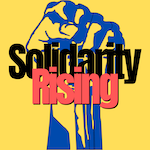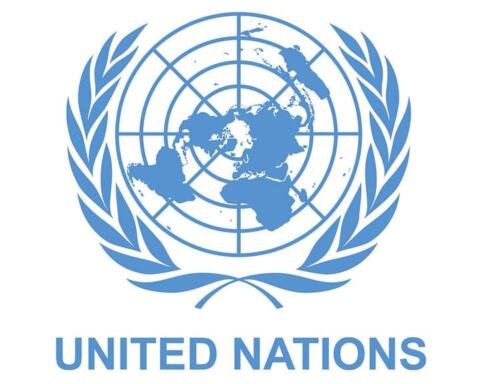In January 1992, the military regime in Algeria interrupted the electoral process when the Islamic Salvation Front (FIS), the main opposition party, seemed poised to win an overwhelming majority in parliament. Many countries disapproved of the military’s termination of the country’s promising democratic experiment, and Algeria entered a period of international isolation from which it has begun to emerge only recently.
Suspicion toward the regime, both domestically and internationally, was widespread. Algeria’s notorious lack of international communication generated persistent and sometimes far-fetched speculation about the reality of the country’s internal affairs. Not surprisingly, outside powers were ill-informed about Algerian affairs. Given the existence of multiple centres of power within the central government, Algerian diplomats themselves were uncertain about their country’s foreign policy
Full article
The-resurgence-of-algeria-s-foreign-policy-in-the-twenty-first-centurySource: Taylor & Francis Online
Support our work
Support our work
Support our work with a one-off or monthly donation
AuthorYahia H. ZoubirYear2006Pages16LanguageEnglish
Share via
Related resources
The United Nations’ Failure in Resolving the Western Sahara Conflict
Altough a peace plan was accepted by Marocco and the POLISARIO in 1988, and…
The Unresolved Western Sahara Conflict and Its Repercussions
Western Sahara conflicts have yet to be definitively resolved. It now belongs…
Western Sahara: Road to Perdition?
At the time of writing, hopes for a peacful solution to the enduring conflict…



